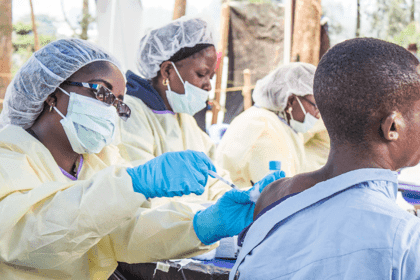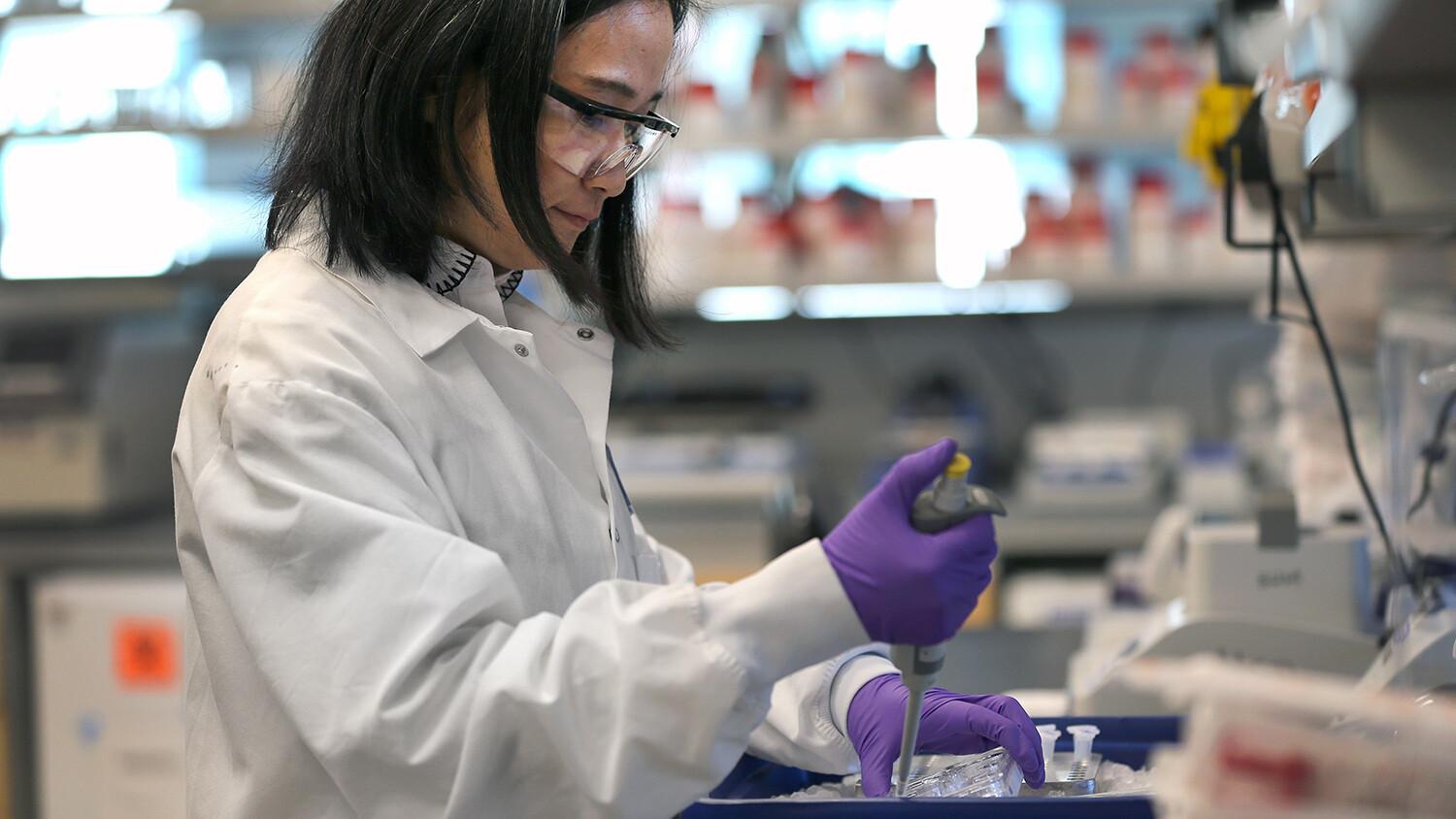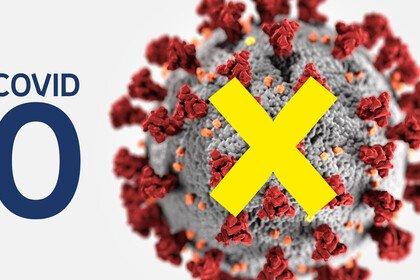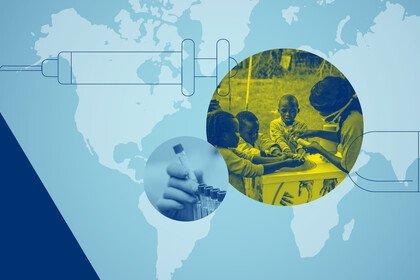
Why the world needs $8 billion now to get us to COVID-Zero
Only when we have tools to detect, treat and prevent coronavirus disease everywhere, will we be able to stop the pandemic. Developing these tools requires new global partnerships and cooperation.

Science is the only true exit strategy for the Covid-19 crisis. My belief is that this is now an endemic human infection – one that will remain a challenge to the human race from now on.
Long-term strategy
Physical distancing and lockdown measures can slow the virus and lower the peak. But there has to be a longer-term strategy as well. Only when we have tools to detect, treat and prevent it everywhere, will we be able to stop the pandemic now and in the future.
Researchers around the world continue to make extraordinary efforts to understand the disease and the virus that causes it, as well as bringing forward potential science-based solutions as quickly as possible. We don’t know exactly where the tests, treatments and vaccines that eventually contribute to ending this crisis will come from – wherever that is, we must commit from the start to make them available to everyone who needs them, independent of their ability to pay.
There’s no guarantee that the first vaccines in clinical trials will be the ones we need. In fact, we will need a number of different vaccines. That’s why we can’t afford to wait for the best solution to emerge and then put everything we have behind it.
Instead, to get coronavirus vaccines, treatments and tests for the world, we need to be lining up as many shots on goal as we can to increase the chance of hitting the target as many times as we need in order to win.
For example, there are various ways to go about creating a vaccine. Some are tried and trusted platforms but they can be expensive and typically take about a decade to produce a safe and effective vaccine. Can we speed up and scale up these approaches? Or will it take new platforms that are unproven but, if faster, cheaper, safe and effective, could be game-changers?
We don’t know, of course. So all these potential approaches must get the full support they need. That will include testing in many different countries to determine whether they work for everyone, and making sure the capability is there to produce such a vaccine reliably, quickly and at a scale of billions of doses within a year.
Tools available to everyone
Hitting the target does not mean a vaccine in a vial that’s been given to a few people or is available only to those who can afford it. That won’t work biologically, it won’t work in terms of public health, it won’t end the pandemic. In this case, success demands that the tools science delivers must be available to everyone – that means that the world must have the capacity to make enough kits or doses for everyone who needs them, many billions, and we must be absolutely committed to this from the start.
Funding multiple teams working on different approaches to develop and deliver these tools, and then funding manufacture and distribution to the entire world, means the costs are going to be huge. It will take billions and billions of dollars. Right now, though, even the initial seed funding to get this work up and running is not in place.
Wellcome calculates that the world is at least $8 billion short of what’s needed today. That’s not the final cost – far from it – but what’s required to fund the immediate research, the development of tests, treatments and vaccines, and also to ensure the world has the capacity to manufacture and deliver these tools quickly enough and at the scale required to end this pandemic and protect all of us from future Covid-19 crises.
We urgently need this money to start rolling in fast, at scale, without any thought of a financial return. That kind of funding can only come from governments, global business and philanthropies.
Globally coordinated and united
The European Union Coronavirus Global Response is exactly what we need to bring these groups together and get the world ready to end the pandemic. Every aspect of our response must be globally coordinated and united, using existing bodies like the World Health Organization, establishing new ones if required, such as the Covid-19 Therapeutics Accelerator, and forming new collaborations like COVID-Zero.
It’s going to be different to anything humanity has ever achieved before. If we do it – and I’m optimistic that we will – the world can come out the other side of this crisis in better shape than we went into it. With new global partnerships and cooperation, enhanced public health, and equitable access to innovation front and centre, we can even be stronger.


